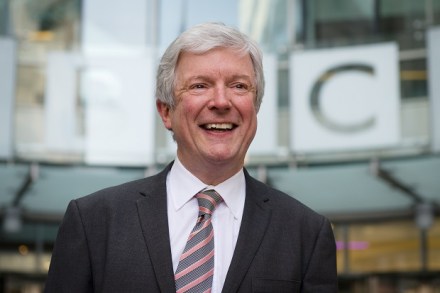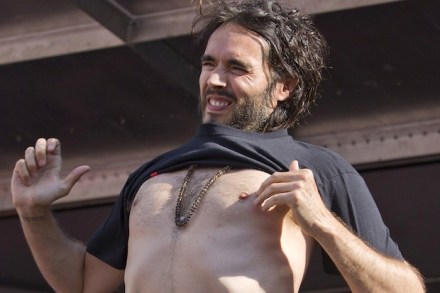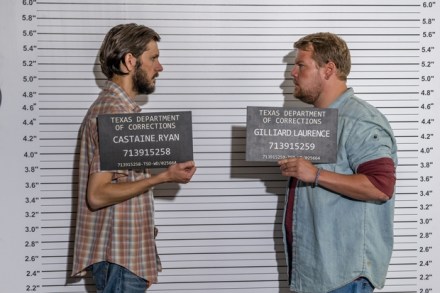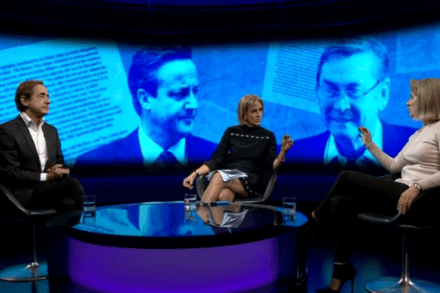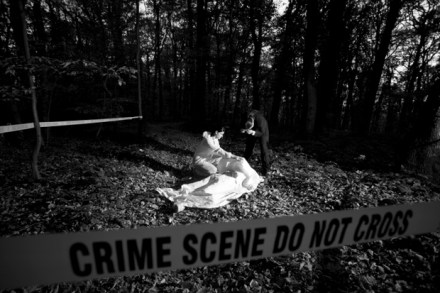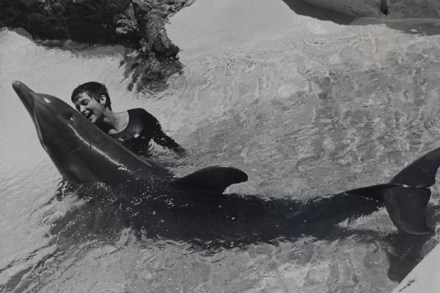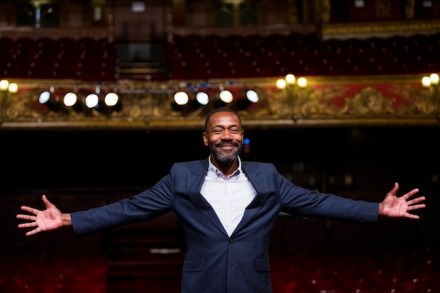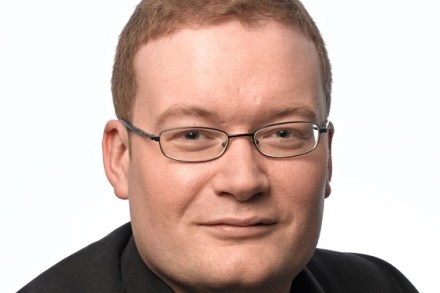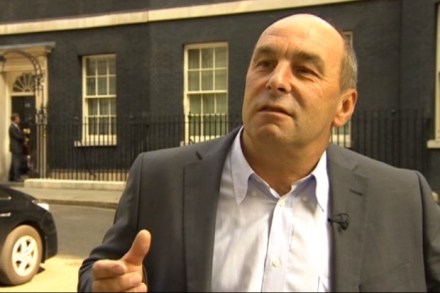Channel 4’s Cyberbully: an unashamedly old-fashioned drama in being both well made and moral
Channel 4’s Cyberbully (Thursday), written by Ben Chanan and David Lobatto, turned out to be a brilliantly gripping drama, even if the average middle-aged viewer might have found the early scenes as baffling as Finnegans Wake. Teenage Casey Jacobs (Maisie Williams) was alone in her bedroom, although not in the way we used to be: with an LP playing and the latest NME to hand. Instead, she was skyping her friend Megan (‘Hey, bitch,’ they greeted each other cheerfully), while also tweeting, texting, instagramming and wondering who’d hacked into her Spotify playlist and replaced all the good stuff with dreary old Led Zeppelin. But then she saw a tweet from



